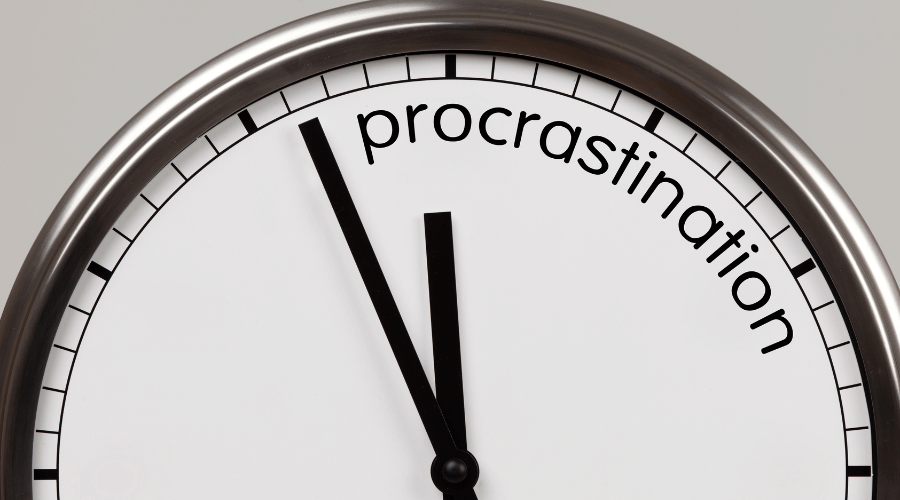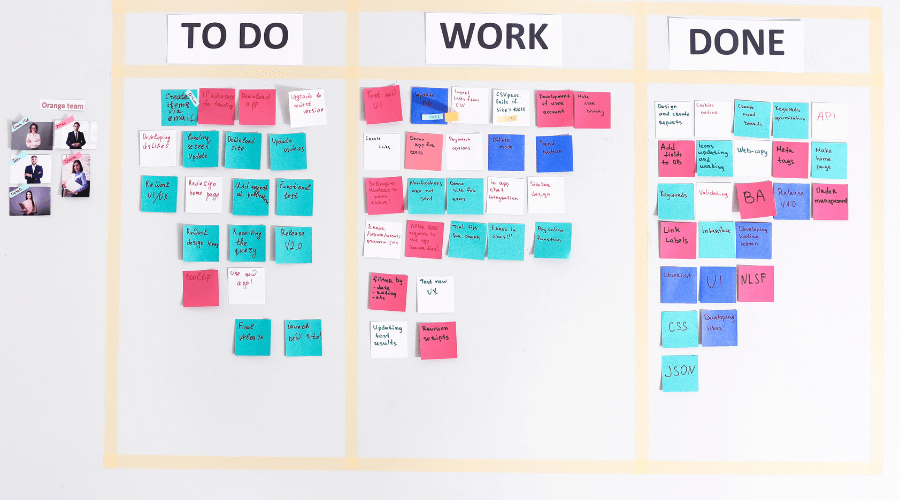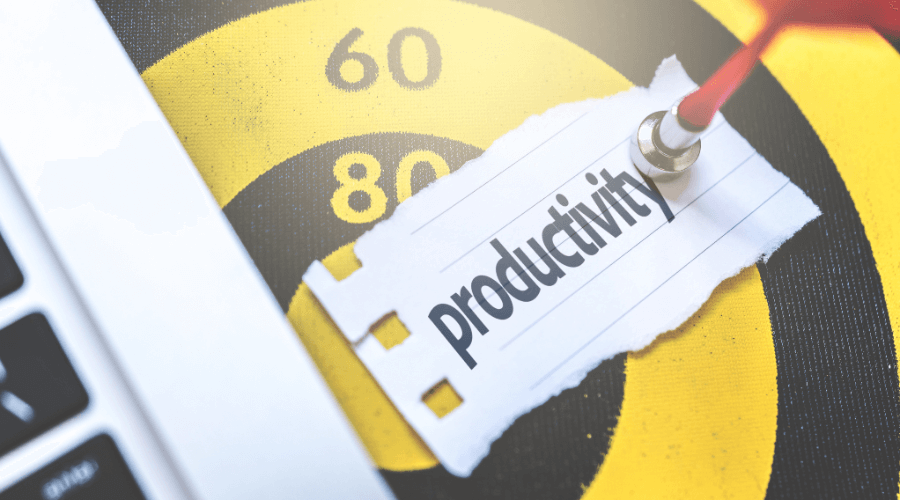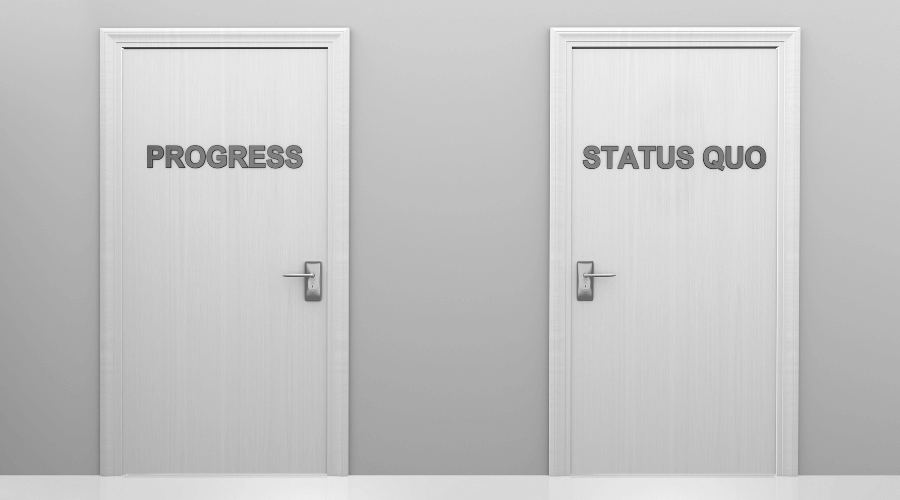Unlock Your Full Potential: 10 Proven Tricks on How to Overcome Procrastination Today
Procrastination can feel insurmountable, keeping us from achieving our goals and dreams.
I’ve been there, staring at a to-do list that seems to grow longer by the minute. Getting caught in the cycle of putting things off is easy, but breaking free is entirely possible.
In this article, I’ll share practical strategies that have helped me and countless others overcome procrastination.
Understanding the root causes and implementing simple yet effective techniques can transform your productivity and help you regain control over your time.
Let’s explore actionable steps to tackle procrastination head-on.
Understanding Procrastination
Grasping the essence of procrastination allows for effective handling of its challenges.
By identifying its causes and consequences, one can implement strategies to mitigate procrastination’s impact.

The Reasons Behind Procrastination
Understanding the root causes of procrastination begins with examining various psychological triggers that drive it.
Fear of failure, for instance, frequently delays starting tasks. An individual may hesitate, fearing the potential for mistakes or poor performance.
Perfectionism is another common cause; striving for an unattainable level of excellence can prevent one from taking action altogether. Additionally, lack of motivation and interest in a task often result in postponement, with individuals finding it hard to begin activities that don’t engage them.
Decision fatigue, where making too many choices exhausts one’s mental energy, also contributes to procrastination.
People may defer tasks simply because deciding how to proceed feels overwhelming.
The Impact of Procrastination on Your Life
Recognizing the consequences of procrastination emphasizes the necessity to address it.
Prolonged procrastination negatively affects mental health, leading to increased stress, anxiety, and feelings of guilt.

These emotions can compound over time, creating a cycle where stress leads to further procrastination.
Productivity drops significantly, impacting personal and professional pursuits. As deadlines approach with incomplete tasks, the quality of work often needs to improve. This decline in performance can harm one’s career, potentially leading to missed opportunities and strained professional relationships.
On a personal level, procrastination can deter personal growth, preventing individuals from achieving their long-term goals and aspirations.
Strategies to Overcome Procrastination
To tackle procrastination effectively, practical strategies help cultivate productive habits and eliminate delays in task completion.

Setting Clear Goals
Establish specific, measurable goals to maintain focus. Rather than setting vague objectives, use SMART goals (Specific, Measurable, Achievable, Relevant, Time-bound) for clarity and direction.
For instance, aim to “complete a five-page report by Friday” instead of “work on the report.”
Breaking Tasks into Smaller Steps
Divide larger tasks into smaller, manageable steps. This approach prevents feeling overwhelmed and makes progress more noticeable.
For example, instead of “write a book,” set tasks like “outline the first chapter” and “write 500 words per day.”
The Pomodoro Technique
Adopt the Pomodoro Technique for improved productivity.
Work for 25 minutes, then take a 5-minute break.
After four sessions, take a longer break of 15-30 minutes.
Using a timer helps maintain discipline and enhances focus.
Using Positive Reinforcement
Employ positive reinforcement to encourage productivity.
Reward task completion with small treats or breaks.
For example, enjoy a favourite snack or watch a short video after finishing a task.
Positive reinforcement motivates consistent effort.
Time Management Skills
Develop practical time management skills to optimize productivity. Prioritize tasks using techniques like the Eisenhower Matrix, which categorizes tasks by urgency and importance.
Effective scheduling reduces procrastination and enhances task execution.
Tools and Resources to Help You
Incorporating the right tools and resources transforms the battle against procrastination into a manageable task.

Task Management Software
Task management software efficiently organizes and prioritizes tasks.
Trello presents a visual board layout for tracking progress.
Asana integrates team collaboration, enabling task assignments and status updates in real-time.
Todoist offers a straightforward interface for creating to-do lists and setting reminders.
Time Tracking Apps
Time-tracking apps help monitor and optimize time spent on various activities.
Toggl provides detailed tracking reports, aiding in identifying time-consuming tasks.
RescueTime analyzes daily habits and offers insights into productivity patterns.
Clockify tracks billable hours, making it suitable for freelancers.
Motivational Books and Articles
Reading motivational books and articles instils discipline and cultivates a growth mindset.
“Atomic Habits” by James Clear explores building effective habits to overcome procrastination.
“Eat That Frog!” by Brian Tracy emphasizes tackling challenging tasks first.
Online articles from Psychology Today and Medium provide ongoing strategies and research-backed advice.
These tools and resources equip you with actionable insights and solutions to conquer procrastination effectively.
Establishing a Productive Routine
A consistent routine helps minimize procrastination. Adopting the proper habits ensures tasks get completed efficiently.

Creating a Daily Schedule
Consistent daily planning improves productivity.
I start by listing all tasks for the day. I assign specific activities to these slots, breaking the day into time blocks.
For instance, mornings can be reserved for high-focus tasks like writing reports, while afternoons might involve meetings or emails.
Using a physical planner or digital tools like Google Calendar simplifies scheduling and prevents overlooking essential tasks.
Prioritizing Tasks
Effective task prioritization maximizes productivity.
I categorize tasks based on urgency and importance, using methods like the Eisenhower Matrix.
Urgent and vital tasks get top priority, while non-urgent and less important ones fall lower on the list.
Employing this technique ensures the most critical tasks are tackled first, reducing last-minute rushes and missed deadlines.
Eliminating Distractions
Removing distractions enhances focus. To create an optimal work environment, I turn off non-essential notifications on my devices, use browser extensions like StayFocusd to block distracting websites, and set up a dedicated workspace free from unnecessary items.
For instance, placing my phone on silent mode during deep work sessions prevents interruptions and maintains workflow continuity.
Maintaining Your Progress
Maintaining progress in overcoming procrastination requires continuous effort and effective strategies.
Here, I provide ways to ensure sustained improvement.

Keeping a Journal
Documenting daily activities and emotions in a journal enhances self-awareness and progress tracking.
List tasks, set priorities, and note accomplishments to identify patterns and triggers of procrastination.
Use these insights to adjust strategies and improve productivity.
Journals provide a visual representation of progress, reinforcing positive habits.
Seeking Support from Friends or Mentors
Engage with friends or mentors to gain accountability and encouragement.
Seek advice, share goals, and discuss challenges to receive beneficial feedback.
Accountability partners can motivate you to stay on track and remind you of your commitments.
Having experienced similar challenges, mentors offer practical solutions and guidance to maintain consistent progress.
Celebrating Successes
Recognize and celebrate achievements to build motivation and reinforce productive behaviours.
Set milestones for tasks and reward yourself upon completion.
Positive reinforcement, such as small treats or breaks, fosters a sense of accomplishment and encourages continued effort.
Celebrating successes, both big and small, ensures sustained progress in combating procrastination.
Troubleshooting Common Challenges

Overcoming procrastination isn’t a one-size-fits-all process.
Sometimes, even with the best strategies in place, we hit roadblocks. When I face setbacks, I remind myself it’s part of the journey.
If fear of failure creeps in, I break tasks into smaller, manageable steps to build confidence. When perfectionism holds me back, I focus on progress rather than perfection.
If motivation wanes, I revisit my goals and remind myself why they’re essential. Surrounding myself with supportive friends or mentors also helps keep me accountable. And when distractions become overwhelming, I reassess my environment and make necessary adjustments.
Staying adaptable and persistent can help us navigate these challenges and move forward.
Procrastination may be a tough habit to break, but with the right approach and mindset, we can overcome it and achieve our goals.







